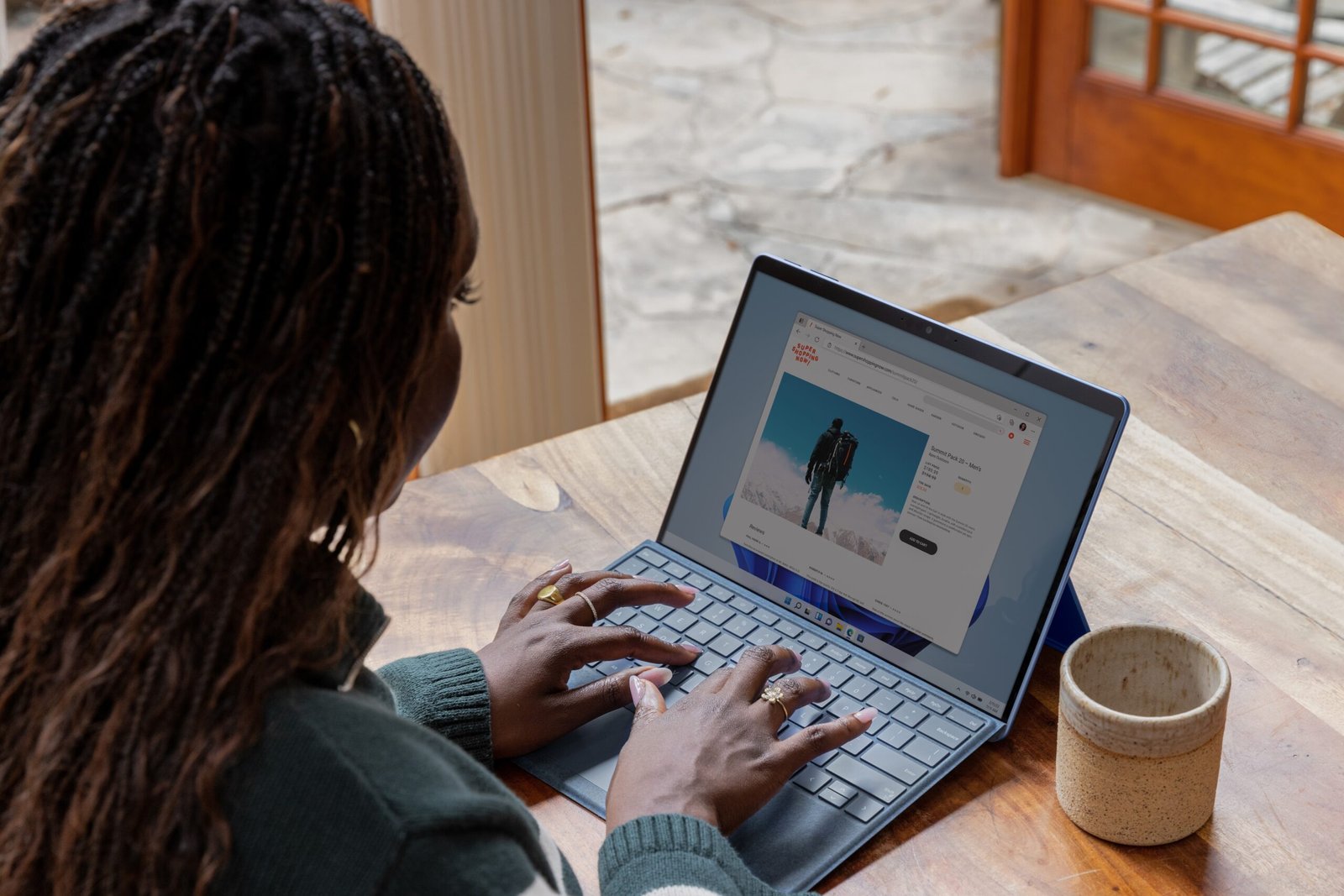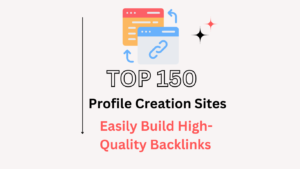Backlinks are fundamental to SEO as it evolves constantly. For a very long time, they make web sites higher positions in search engine result pages. This article will cover backlinks, explain what they are and why you need them for SEO, as well as how to include them in your online marketing efforts.
What Are Backlinks
A hyperlink from a webpage of another site pointing at another site is known as backlinks, sometimes referred to as inbound links. The links offer virtual referencing or recommending from one website to another. These references allow search engines such as Google to consider it as a vote of confidence in the content and the credibility of the linked website. Therefore, the greater quality of backlinks on a website, the more search engines seem incline towards it.
What are backlinks and their importance to SEO?
1. Improved Search Engine Rankings
Backlinking is a major contributing factor to search engine rankings, especially for Google. The more relevant backlinks there are to your site, the higher it will most probably appear on the SERPs. To really impact on your ranking it is imperative to concentrate on getting back links from authoritative and reputable sites within your specialisation.
2. Increased Organic Traffic:
Organic traffic to your website can be driven by backlinks. When people visit authoritative websites that are your industry’s competitors, these individuals may follow the link and visit your website. In addition to attracting more buyers, this helps improve the probability of converting them into customers or clients.
3. Enhanced Credibility an Trust:
Users usually see websites with lots of quality backlinks as credible and believable. It is because you are reputable and if you can convince such sites to share your content, you are on the right track. This can lead to high converting sales and a loyal fan base.
4. Faster Indexing:
The search engines operate by tracing links from one web page to another. Back links are vital for indexing. Crawling and indexing of your pages by search engine bots happens fast when one locates a link to your site on other sites. This can increase your visibility as well as traffic.
Types of Backlinks
All backlinks are not of equal quality. To understand the impact of backlinks on your SEO, it’s essential to recognize different types of backlinks:
1. Natural Backlinks:
You should never do anything that will cause such natural backlinks. Such links are based on the essence and usefulness of the contents, forcing others to link with them. That way, these is the best backlink for SEO.
2. Manual or Outreach Backlinks:
These are paid backlinks that you intentionally create through outreach, guest blogging, and link building efforts. However, they must be authoritative and come from reliable sources in your niche.
3. Editorial Backlinks:
Editorial backlinks are links that come from content created by others who find your content valuable and link to it without your request. They stand as a guarantee of high quality of your content.
4. No-Follow and Do-Follow Links:
The “no-follow” links include an HTML tag that directs search engines not to track the link for page ranking. However, the do-follow links pass authority to the linked page. Both play their role in natural incoming link profile; however, do-follow links influence SEO more.
5. High-Quality and Low-Quality Links:
The best backlinks will always be provided by a credible and prominent website within your niche while bad backlinks will always come from a non-authoritative spammy website. Many such low-quality links can damage your SEO.
How to Build Effective Backlinks
Developing a strong backlink profile entails a deliberate methodology. Here are some steps to consider
1. Create High-Quality Content
The main ingredient to a good backlink strategy is great content. Create useful information and interesting content which is relevant to your niche, that other webmasters will want to link to.
2. Outreach and Guest Posting:
Research and identify some authority websites in your niche and contact them for chance to do guest blogging posts and contribution articles. This method will enable you to get editorial linkbacks from quality sources.
3. Content Promotion:
Advertise your content using email marketing, social networks, and other internet forums. The more visibility your articles get, the more likely other people will link their sites to it.
4. Monitor Your Backlink Profile:
Keep on monitoring your backlink profile to make sure that is still diverse and strong. Some of the tools include, Google Search Console and third party services that will allow you to control your links.
5. Disavow Toxic Backlinks:
Make use of the Google Disavow Tool to take care of low-quality and spammy backlinks that may be leading to your site.
Conclusion
SEO still relies on backlinks. This helps in improving your sites’ search engine positions, drives organic traffic, improves website reputation, and facilitates quicker indexing. Nevertheless, when it comes to the construction of your backlink profile, you should always put quality before quantity. This means that the most productive links should be generated by reliable and excellent websites. However, by getting to know with what are known as different types of backlinks and abiding by the best-practices, you can exploit the power of the SEO tool, thereby obtaining more online success.
FAQ :
Q1) Can too many backlinks be harmful to my SEO efforts?
Yes, an excessive number of low-quality or spammy backlinks can harm your SEO. This is why it’s essential to focus on acquiring high-quality backlinks from reputable sources and maintaining a natural link profile.
Q2) Why are backlinks important for SEO?
Backlinks are essential for SEO because they help search engines evaluate the quality and relevance of a website’s content. Websites with high-quality, authoritative backlinks are more likely to rank higher in search engine results, leading to increased visibility and organic traffic.
Q3) Should I buy backlinks to improve my SEO rankings?
No, buying backlinks is not a recommended SEO strategy. Search engines like Google can detect and penalize websites that engage in this practice. It’s best to focus on earning backlinks naturally by producing valuable content and building relationships with authoritative websites.

























